Believed that people naturally had rights to life, liberty, and property. His writings would heavily the Declaration of Independence.
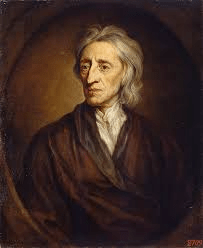
"All mankind... being all equal and independent, no one ought to harm another in his life, health, liberty or possessions."
John Locke
His writings in the popular Common Sense advocated for liberty from Britain.
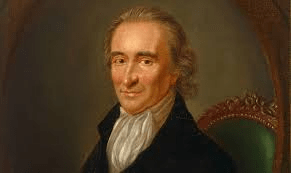
"To argue with a man who has renounced the use and authority of reason, and whose philosophy consists in holding humanity in contempt, is like administering medicine to the dead, or endeavoring to convert an atheist by scripture."
Thomas Paine
The first global war, this conflict between Britain and France catalyzed the movement towards revolution in the American colonies. It was also known as the French and Indian War in the Americas

Seven Years War
Authored by Karl Marx and Friedrich Engles, these writings critiqued the "evils" of capitalism. It was theorized that the abuses of capitalism would end up with society facing unequal wealth distribution, excessive poverty, and eventual revolution.
Communist Manifesto
Private ownership and owning the means of production is known as this....

Capitalism
Author of Candide, he inspired the ideas for freedom of religion, freedom of speech, and judicial reform
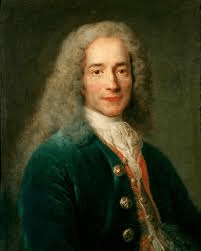
"Those who can make you believe absurdities can make you commit atrocities."
Francois Marie Arouet - Voltaire
July 4, 1776

This document inspired by the Philisophes championed for life, liberty, and the pursuit of happiness among other natural rights.
Declaration of Independence
Celebrated as the Liberator, this figure freed Venezuela, Colombia, Ecuador, and Peru from Spanish rule.

Simon Bolivar
These three classes vied for power and representation in Spanish held territories in the Americas.

Peninsulares
Creoles
Mestizos
This revolution led to increased productivity and food production

Agricultural revolution
Believed people were selfish and should be ruled by a monarch; wrote the book called Leviathan
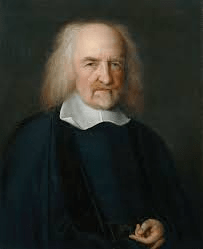
"It is not wisdom but Authority that makes a law."
Thomas Hobbes
A feeling of intense loyalty to others who share one’s language and culture; the idea that people who share a culture should also live in an independent nation state.

Nationalism
These three "classes" made up the Estates General

Clergy
Nobility
Commoners
A movement and theory of morality pushed by John Stuart Mill that advocates for actions that maximize happiness and well-being for the majority.
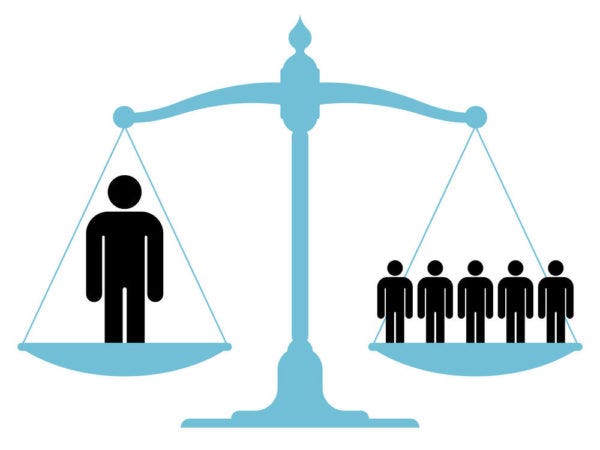
Utilitarianism
Each worker having a specific task is known as

Specialization of Labor.
Author of the The Wealth of Nations, he also denounced the practice of mercantilism and advocated for laissez faire.
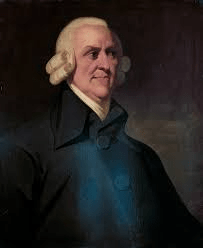
"As soon as the land of any country has all become private property, the landlords, like all other men, love to reap where they never sowed, and demand a rent even for its natural produce."
Adam Smith
The belief that knowledge comes from sensed experience, from what you observe through your experience, including through experiments.
Empiricism
This movement of industrialization / westernization led to Japan being an imperial nation in Asia.
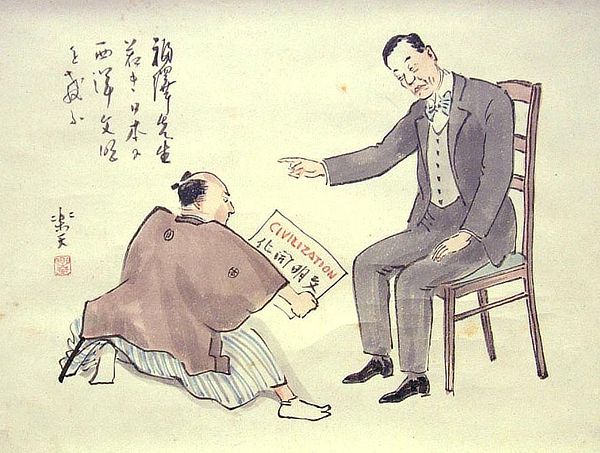
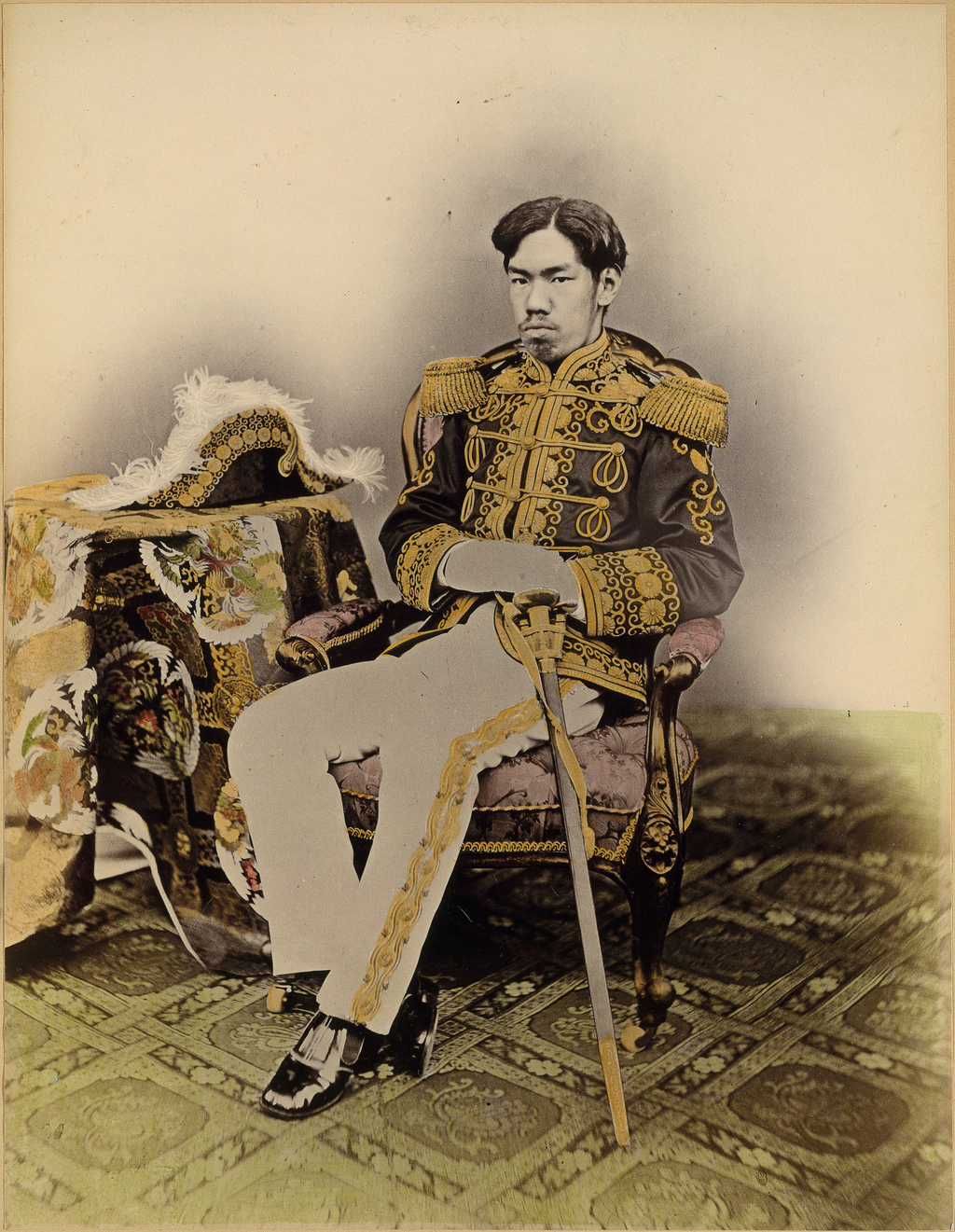
Meji Restoration
System of public or government ownership of the means of production such as the mills to make cloth or the machinery and land needed to mine coal / harvest agriculture.
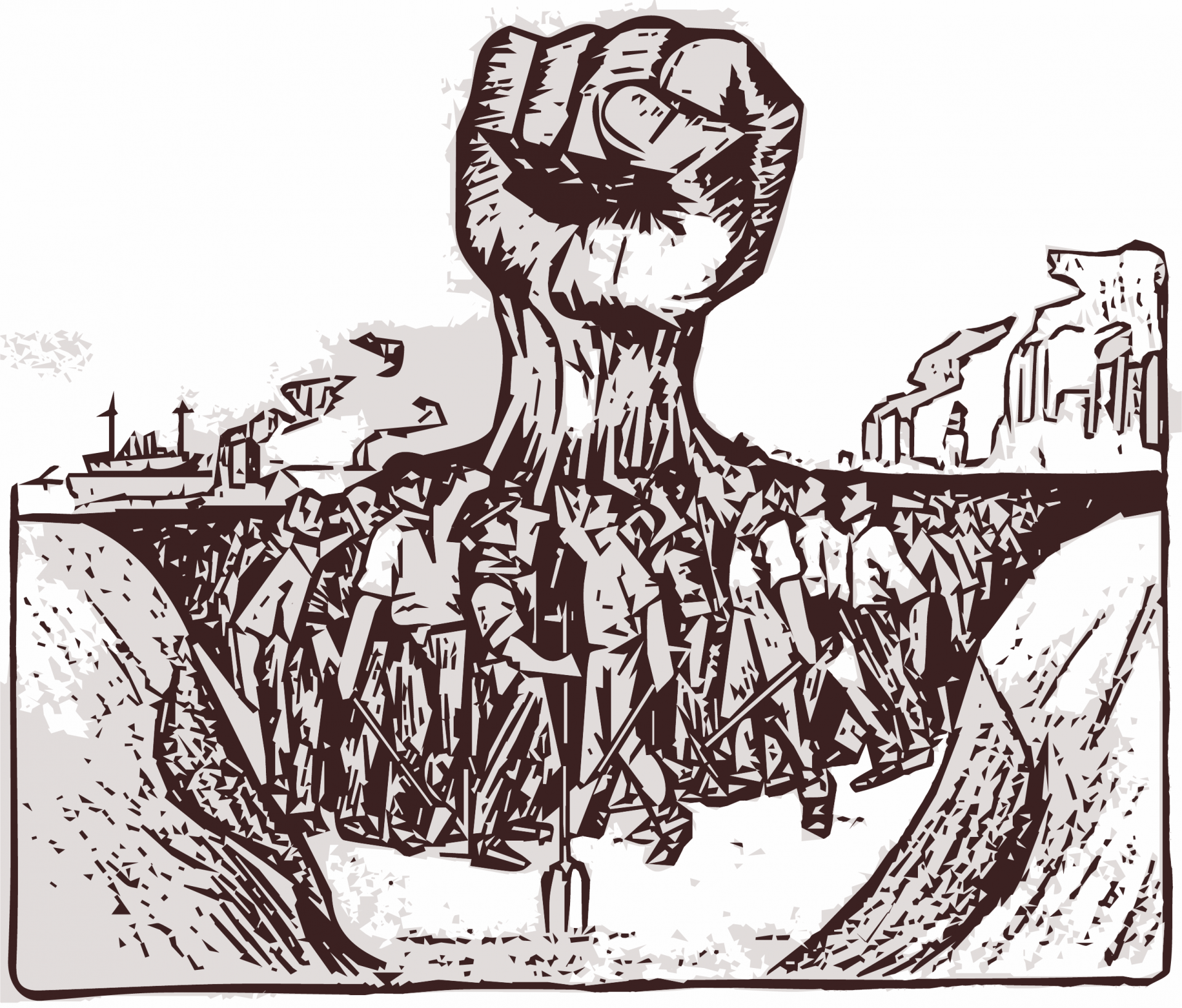
Socialism
What were the conditions in which immigrants, women, and children would see in textile factories?
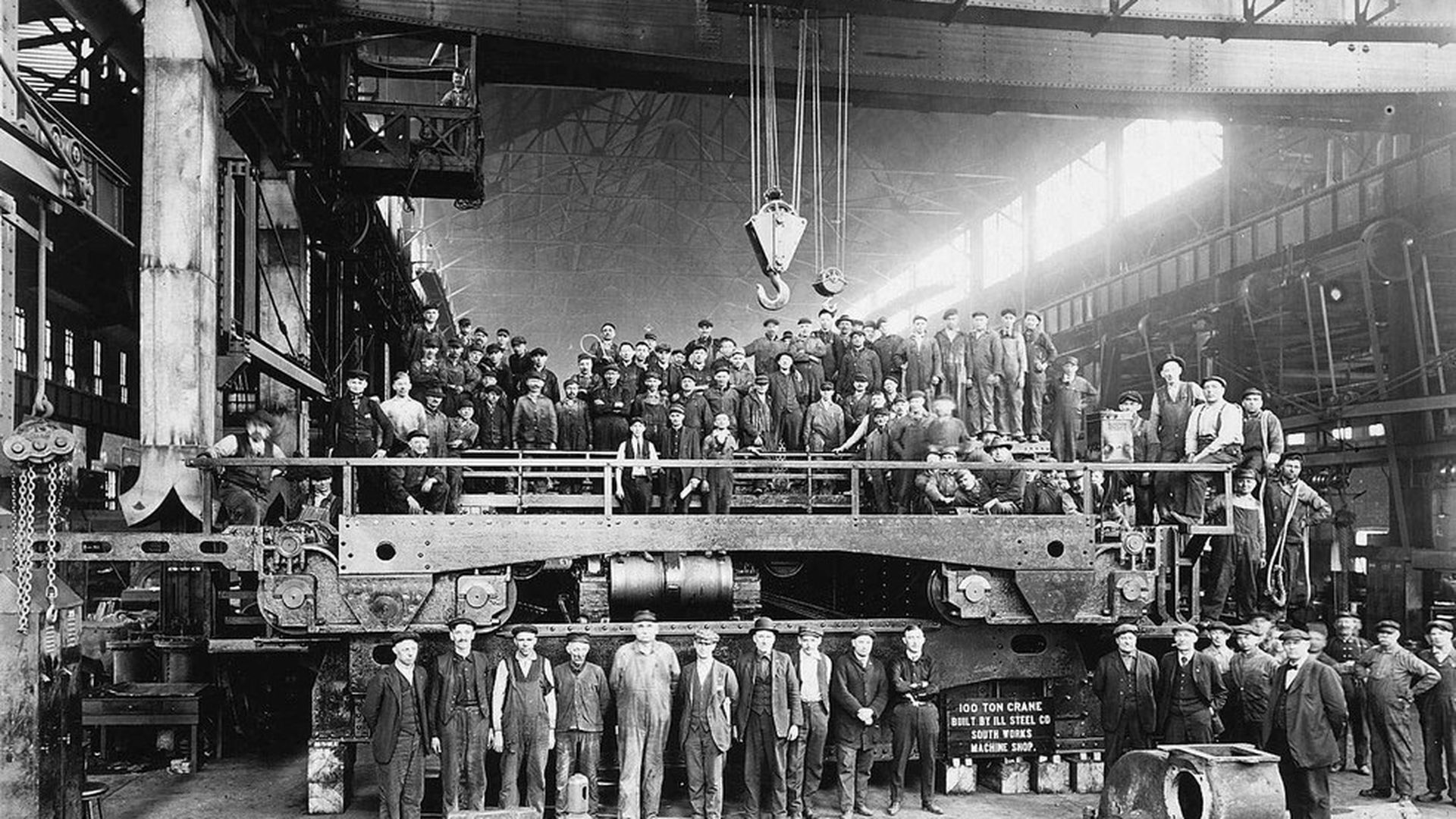
* Long hours
* Little Pay
* Dangerous conditions
* Everyone was expendable to make a profit
This man believed in the importance of children's education and was one of the original advocates for social contract. His writing Emile, or on Education believed that the uneducated and pure could be corrupted by society.
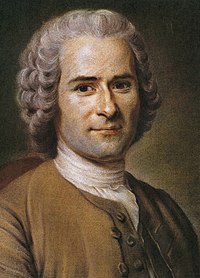
"Free people, remember this maxim: we may acquire liberty, but it is never recovered if it is once lost."
Jean Jacques Rousseau
"He shall have Power, by and with the Advice and Consent of the Senate, to make Treaties, provided two thirds of the Senators present concur; and he shall nominate, and by and with the Advice and Consent of the Senate, shall appoint Ambassadors, other public Ministers and Consuls, Judges of the supreme Court, and all other Officers of the United States..."
A) Natural Rights
B) Social Contract
C) Separation of Powers
D) Popular sovereignty
C ) Separation of Powers
These new structures were created with cheap materials to maximize profits from the working class. 
Tenement Apartments
A collection of workers who believed in the power of collective bargaining demanded for reforms such as safer work environment, better wages, and shorter work hours was known as.
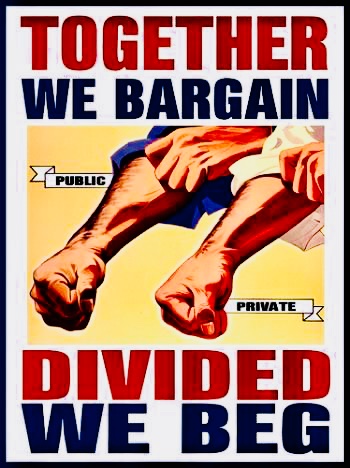
Labor Union(s)
This figure created the steam engine which made production / mechanization widespread in Europe
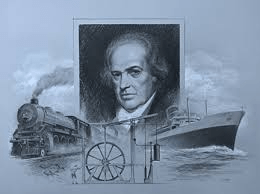
James Watt
The author of Spirit of Laws, this man believed in the separation of powers in government.
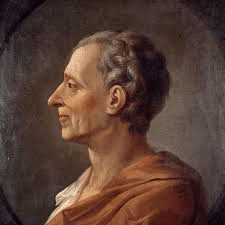
"The tyranny of a prince in an oligarchy is not so dangerous to the public welfare as the apathy of a citizen in a democracy."
Baron Montesquieu
When government follows the will of the people
Popular sovereignty
This document abolished the French system of Feudalism, and granted natural rights to the citizens of France
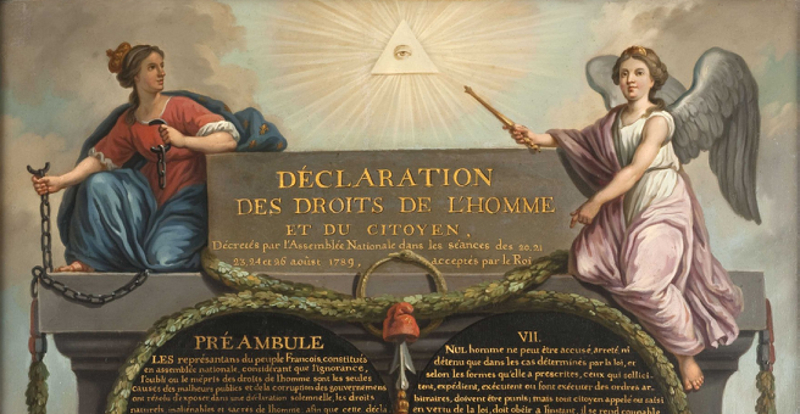
July 14, 1789
Declaration of the Rights of Man
This is another term for the "working class"

Proletariat
The term used to describe the massive migration of the rural population into the urban / industrial centers.
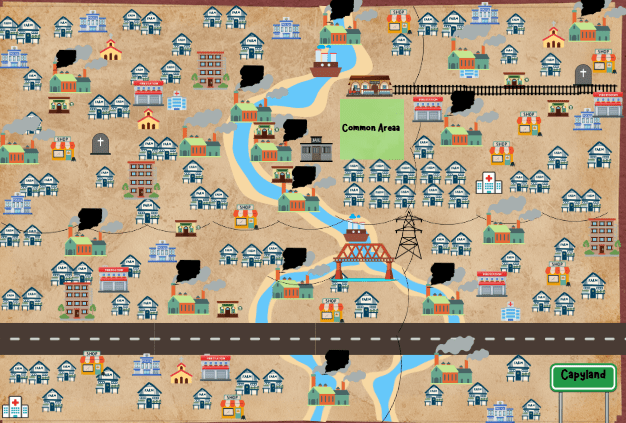
Urbanization
An implicit agreement among the members of a society to cooperate for social benefits.
:max_bytes(150000):strip_icc()/GettyImages-79249903-5b3d783146e0fb0037142299.jpg)
Social Contract

A "clean slate". When the human mind, especially at birth, is blank and empty before exposure to outside impressions or social constructs
Tabula Rasa
This figure led the movement towards independence in Haiti, and would later declare himself governor for life.
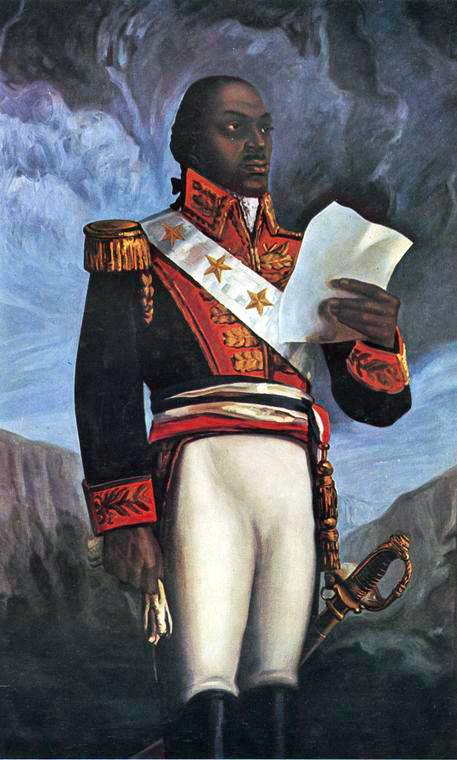
Toussaint L'Ouverture
The middle class and "well to do's" during the Industrial Revolution. They owned the means of production and were wealthy compared to the workers whom they exploited.
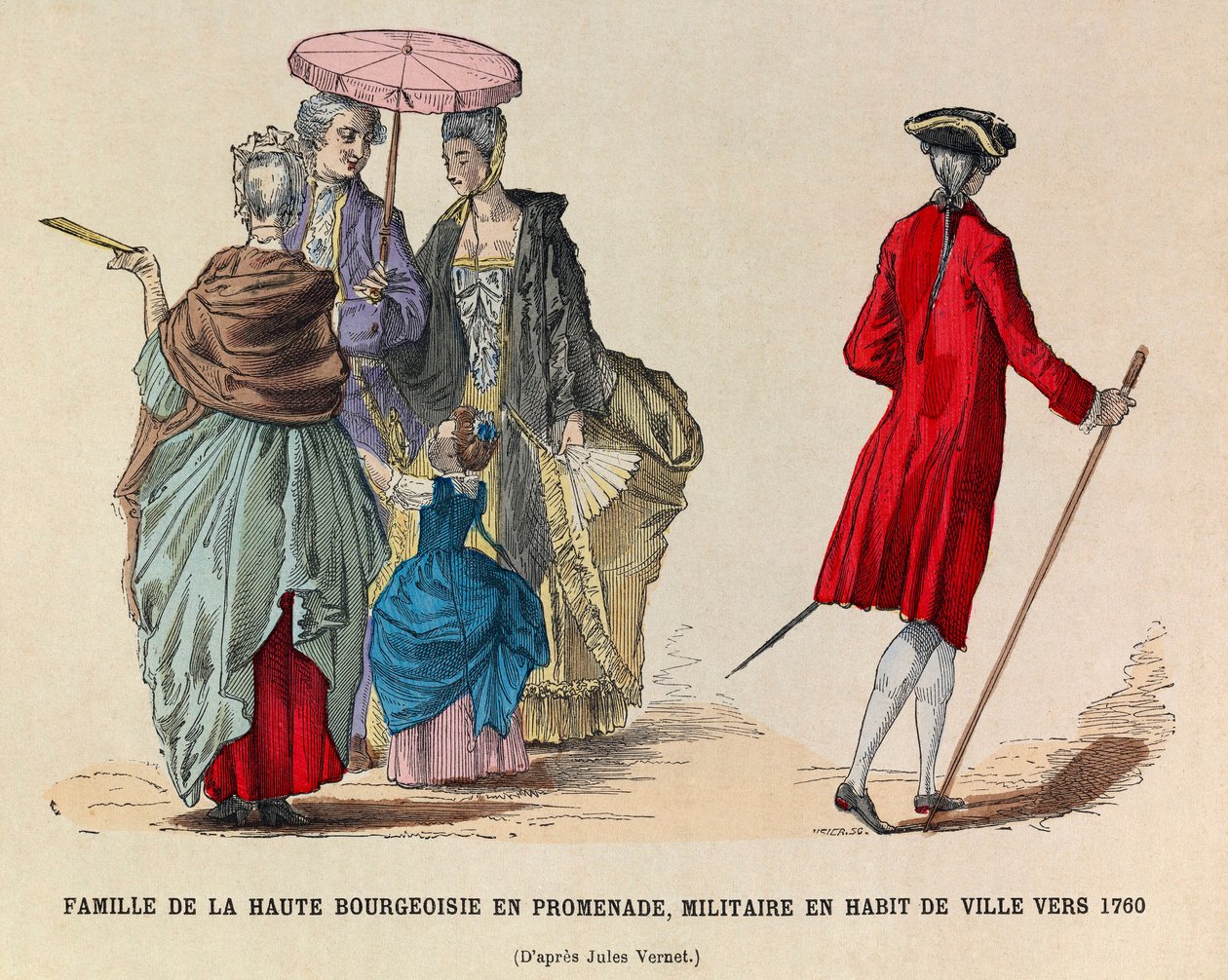
Bourgeoisie
After the introduction of the Bessemer Process, how did this have an effect on transportation during the industrial revolution?

Countries could invest in making steel railroads and steam locomotives > faster transportation of goods.
Ships could be made with steel > stronger ships = more products to be exported
Buildings and bridges could withstand more weight > stronger infrastructure.